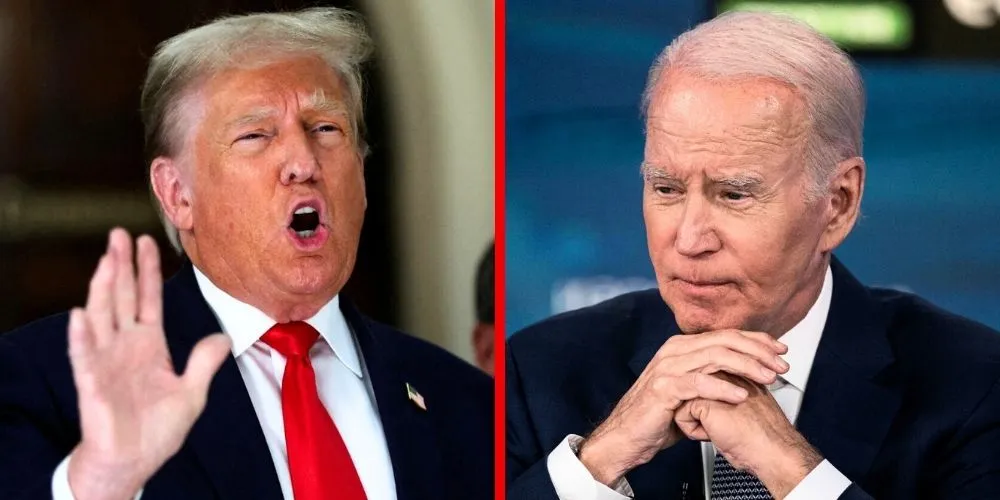Key Points:
- Political opposition, including Trump’s remarks, challenges Nippon Steel’s bid for U.S. Steel.
- United Steelworkers’ statement suggests potential support from President Biden, adding to speculation.
- Initial investor optimism waned due to political uncertainties, impacting Nippon Steel’s stock performance.
- Regulatory scrutiny and potential hurdles may pose challenges to the proposed acquisition.
- If the deal falls through, Nippon Steel faces a significant reverse breakup fee, raising investor concerns.
Investors who initially embraced Nippon Steel’s $14 billion-plus bid for U.S. Steel are now navigating choppy waters as political risk signals emerge. Former U.S. President Donald Trump opposed the deal, stating, “I would block it instantaneously.” The proposed acquisition is now under scrutiny and faces potential challenges fueled by its political implications.
U.S. Steel, headquartered in Pennsylvania, a key swing state, adds a layer of complexity to the situation. The United Steelworkers union, in opposition to the acquisition, led to speculation that the deal may face obstacles.
When Nippon Steel announced the bid on December 18, initial concerns led to a share price drop, with investors questioning potential share issuances for funding the all-cash purchase. However, shares rebounded as investors weighed Nippon Steel’s growth strategy, climbing over 10% above the pre-announcement level.
Analysts, such as Yuji Matsumoto at Nomura Securities, remained optimistic, stating that the purchase “will accelerate medium- to long-term growth,” citing Nippon Steel’s management experience. Despite positive assessments, comments from Trump and the union dampened investor sentiment, resulting in recent stock struggles. The acquisition, subject to antitrust reviews and scrutiny by the Committee on Foreign Investment in the United States, faces potential hurdles.
Nippon Steel would be liable for a $565 million reverse breakup fee, approximately 80 yen (54 cents) per share, if the deal falls through. This substantial amount raises concerns, considering this fiscal year’s forecasted earnings per share of 510 yen. Reverse breakup fees are designed to cover financial damage incurred by the target during due diligence and the costs of finding another buyer. Such fees have become more common, especially in deals facing regulatory scrutiny.
Toshiba’s acquisition by Japan Industrial Partners, which had a total value similar to the U.S. Steel deal, included a reverse breakup fee initially close to 100 billion yen. These fees underscore the challenges and risks associated with large-scale acquisitions.
While some view growth through mergers and acquisitions, even with potential reverse breakup fees, as a rational business move, critics argue that the immediate opposition from the target company’s union raises questions about the deal’s groundwork and management’s common sense.




